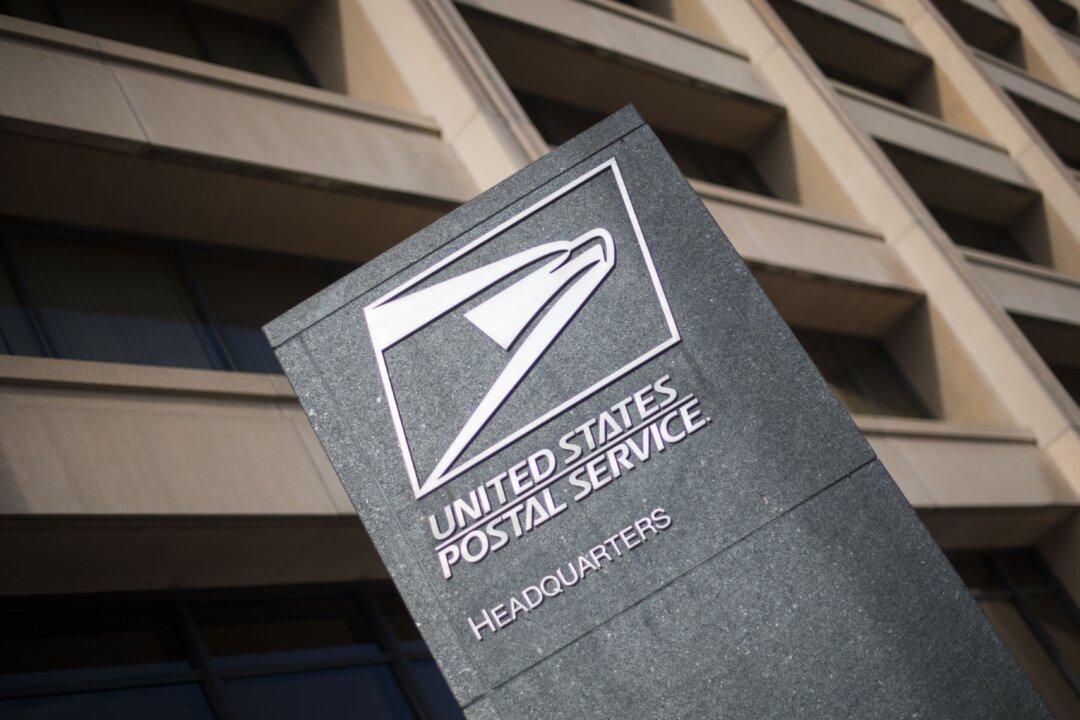A prominent internet privacy group is suing the U.S. Postal Service (USPS), alleging that its social media surveillance program violates federal law.
According to a lawsuit filed last week in Washington by the Electronic Privacy Information Center (EPIC), the USPS has been operating its Internet Covert Operations Program (iCOP) without conducting a privacy impact assessment—a review of what information is collected, why it’s being collected, how the information is used, and how the data is stored.




